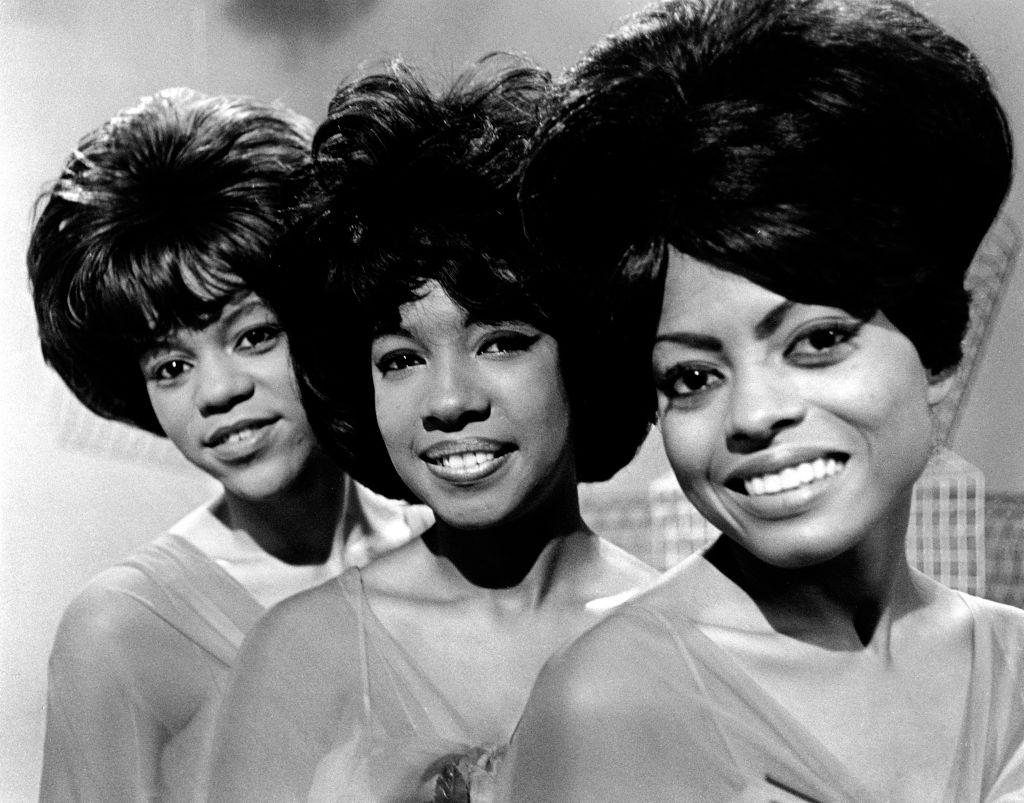
Source: David Farrell / Getty
One can only hope that when their time on earth comes to an end, once they’re gone, they will be remembered for great things: for the good person they were, the work they did, the family and loved ones they leave behind, and their overall legacy.
Not whether or not they were jealous of a former friend.
In the array of tributes to Mary Wilson, one of the founding members of the iconic, trailblazing girl group The Supremes who died in her sleep on Monday, I came across a story that made Wilson’s accomplishments secondary to drama. It asked “Did Mary Wilson resent bandmate Diana Ross’ success?” Quotes were pulled from Wilson’s memoir, which painted Ross as an egocentric whose image reigned supreme, no pun intended, with help from Berry Gordy, while Wilson and Florence Ballard found their contributions minimized. There were actually a number of stories like this moving about on the Internet. I’m sure we’ve all heard that story. But the question is, do we really need to rehash all that now?
In light of the news of her passing, Ross issued a statement on Twitter, sharing that she would always have the fondest memories of her time with Wilson.
“I just woke up to this news , my condolences to you Mary’s family ,I am reminded that each day is a gift ,I have so many wonderful memories of our time together “The Supremes ” will live on ,in our hearts,” she wrote.
But Ross was damned if she did, damned if she didn’t. if she hadn’t posted anything, it would have been an issue. And even though she did, people picked apart her comments on social media,
“Diana with the dry a– condolences,” said a commenter on Instagram.
Some even accused her of not really feeling anything concerning Wilson’s passing.
“Why are you guys all saying sorry to Diana?! She doesn’t give a sh-t!!!” a man said under Ross’s condolence message on Twitter. “She is so happy that drama is finally off her back. Sad thing is, now, that’s all what people are going to talk to her about when they interview her. RIP Supremes.”
And some took it further than that, a bit too far: “Evil always outlives the good ones.”
But speculation over how Ross is truly feeling concerning Wilson’s death is widely inappropriate at this time. It also takes the focus off of Wilson and puts the lens on drama, that for all we know, could have been resolved long ago since it’s none of our business.
But what is also does is give the idea that when Black women are no longer in each other’s lives, the love that was once there automatically goes to hell with the friendship. I’m sure we all know someone who during a friendship that no longer exists did some things we couldn’t move forward from. Nevertheless, do we wish ill on them? If something happened, would we not feel the loss? You can disagree with someone’s past actions, be frustrated with them and still feel a positive connection based on what once was. Wilson actually said that herself.
“She has done many things to hurt, humiliate, and upset me, but, strangely enough, I still love her and am proud of her,” she wrote in her 1986 memoir, Dreamgirl: My Life As a Supreme.
And Ross, to her credit, hasn’t tried to feign as though it was all rainbows and sunshine between them. Still, she told Entertainment Tonight in an exclusive statement that the love was indeed there.
“I remember Mary’s joy and love during happier times and our love and years together,” she told ET. “I recall ‘the good old days’ with a smile in my heart and a song in my heart during these changing times. I’m happy to have known her. Love and condolences to her family.”
Mary Wilson accomplished so much. She helped to bring about one of the great girl groups of all time, and when both Florence Ballard and Ross left, she held the torch as leader and made proud The Supremes name until her departure in 1977. She was a fighter, seeking proper management credit and compensation of The Supremes from Motown (leading to a settlement), and was a force in lobbying for the creation of the Truth in Music Advertising Act. It prohibited the use of a musical act’s name if an original member of the group is not an active member. She was a successful author and a must-see performer in Las Vegas. Just days before her death she announced plans to release new music. It’s clear that she worked hard to be the star she was outright, not simply attached to the group. So why are we connecting her in life and death to Ross?
As she mentioned, there were hurt feelings, poor choices and not-so-great times between the ladies, but we refuse to believe there were no good ones, and that Wilson left this world worried about trying to outshine Ross. So in death, it would be nice if we not spend time fueling that kind of conversation. It doesn’t do justice to Wilson’s legacy, nor does it show respect to the ebbs, flows, and greatness of Black female friendships, even when they end.


